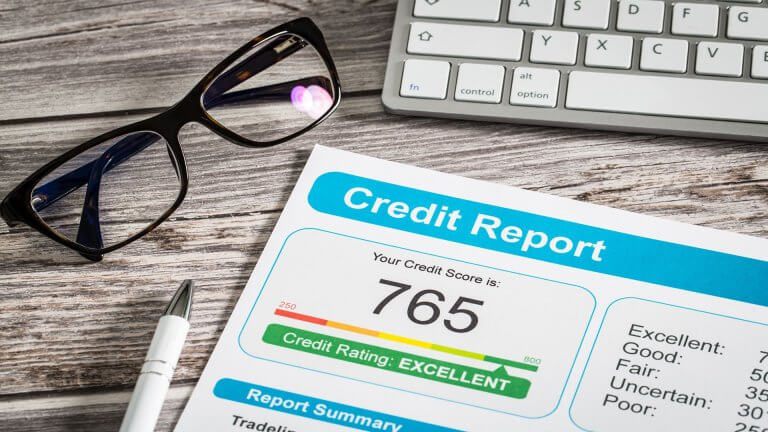When starting a business, there are several things to consider. Of course, you have the general considerations such as location, size of your staff, and initial investment requirements. But when starting an HVAC business is essential to take the following into account:
Get financing
Financing is a significant factor if you plan to start an HVAC business. You will need to get financing to buy the equipment you need and pay for all of the other expenses that come with starting a business. Finance companies for HVAC contractors can be found online.
There are several different types of financing available, including:
Personal loans: These are unsecured loans that you can use to pay for business expenses. They typically have a lower interest rate than business loans but higher interest rates than business credit cards.
Business credit cards: These have lower interest rates than personal credit cards, making them more attractive for businesses. If you use them wisely, however, they can help you keep track of your spending by keeping track of each purchase on the card’s statement and allowing you to set limits for yourself if necessary. They also give instant approval if you’ve been turned down by other types of lenders before.
Business-specific loans: Some lenders specialize in providing financing for small businesses like yours and may offer better rates than what’s available from banks or credit unions. You’ll want to shop around for these lenders before settling on one, as some charge higher interest rates than others.
You’ll Need A Commercial License
If you want to start your own business, one of the first things that you’ll need to do is get your company licensed. While there are many different types of licenses required for different types of businesses, if you own an HVAC company, there are two main licenses that you’ll have to acquire: a contractor’s license and a commercial license.
Contractor’s License
All contractors who provide services to the general public require a contractor’s license. To obtain a contractor’s license, you must pass an exam and be able to prove that you are capable of providing quality service. This can be done by showing proof of liability insurance, having previous experience in the field, and having certification from trade organizations such as NATE or CEIA. Once you have obtained your contractor’s license, you can legally perform electrical work in most states. It will also allow you to bid on larger projects with more complicated electrical systems than those found in residential homes or small businesses.
Commercial License
A commercial license is a credential that allows you to work on larger projects, such as hospitals and office buildings. It also gives you more credibility with clients. If someone asks what kind of license you have, it shows them that you are qualified for the job they need to do.
Get Business Insurance
When starting an HVAC business, you need to ensure that you have all of the necessary insurance coverage in place. This is especially true when working with expensive equipment and dealing with customers’ homes.
Business insurance can help protect your business from financial loss by covering the cost of property damage, bodily injury, and other losses related to your business operations. You may also be able to get coverage for workers’ compensation, which pays for medical care for injured employees on the job.
Suppose you own a small HVAC company or work as an independent contractor at another company’s facility. In that case, there are several types of insurance you may want to consider as part of your overall business plan.
Learn How To Advertise Your HVAC Business
If you want to grow your business, you need to be able to advertise it. But how do you go about doing that?
Here’s how:
1. Make sure your website is professional but friendly. You want people who visit your site to feel comfortable and welcome. If they can’t get past a cluttered or confusing website, they will not come back.
2. Make sure your logo, color scheme, and branding are consistent across your marketing material — from business cards to website ads. This will help people recognize you when they see or hear about it again later on.
3. Invest in social media marketing. It’s important for any business these days because many people use social media as their primary way of finding out about new products or services they might be interested in using themselves or recommending to friends and family members who might need them down the road too!
4. Create an email list to reach out directly to potential customers when you have something new coming up that might interest them, such as a sale on specific equipment or other items related to heating & cooling services.
Conclusion
Although every small business is different and will require its own unique set of skills and abilities, a handful of suggestions will serve as a helpful starting point for any HVAC business. One thing to note is that your business won’t be profitable until you have raised enough clientele to break even or turn a substantial profit.
























